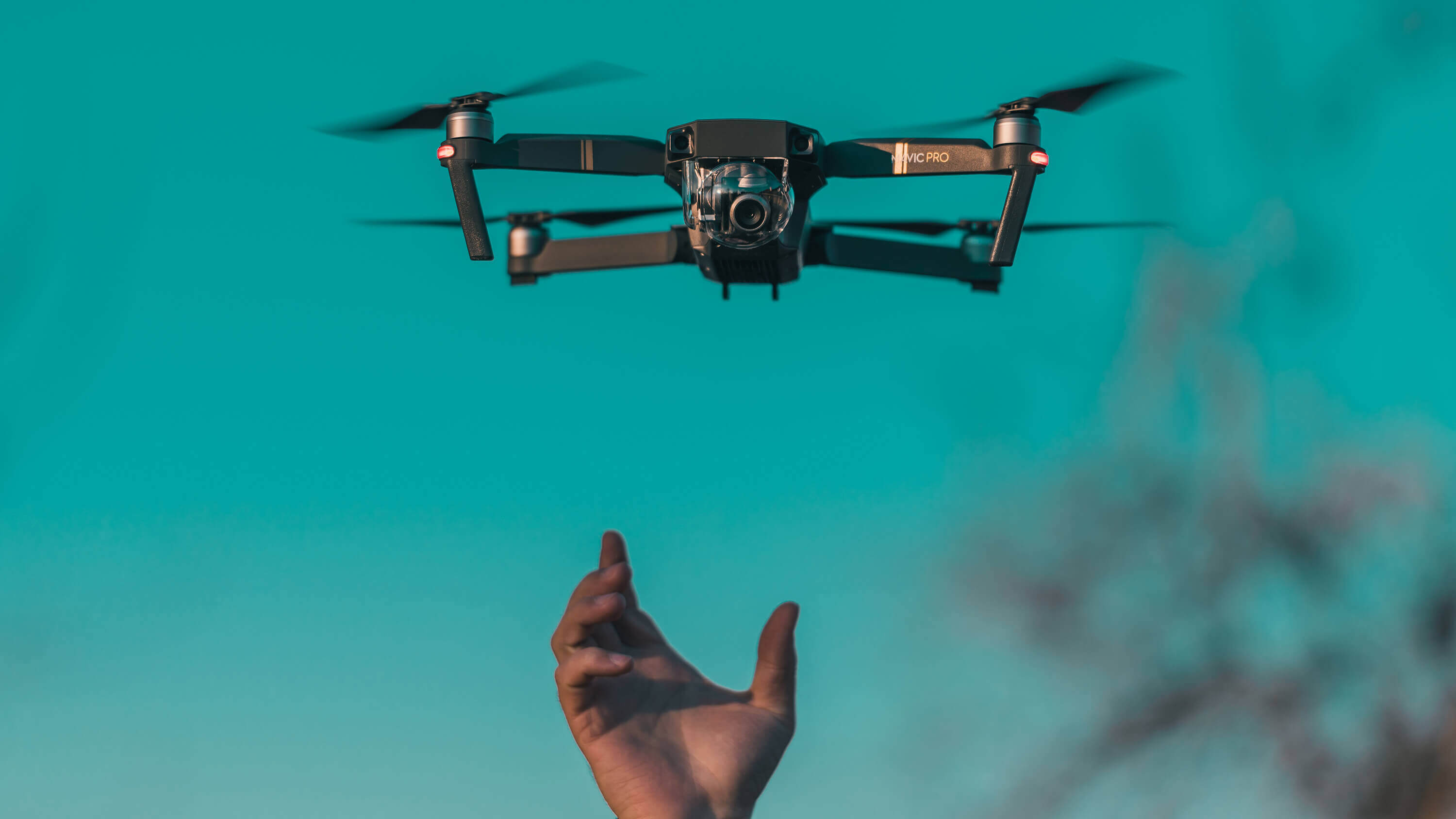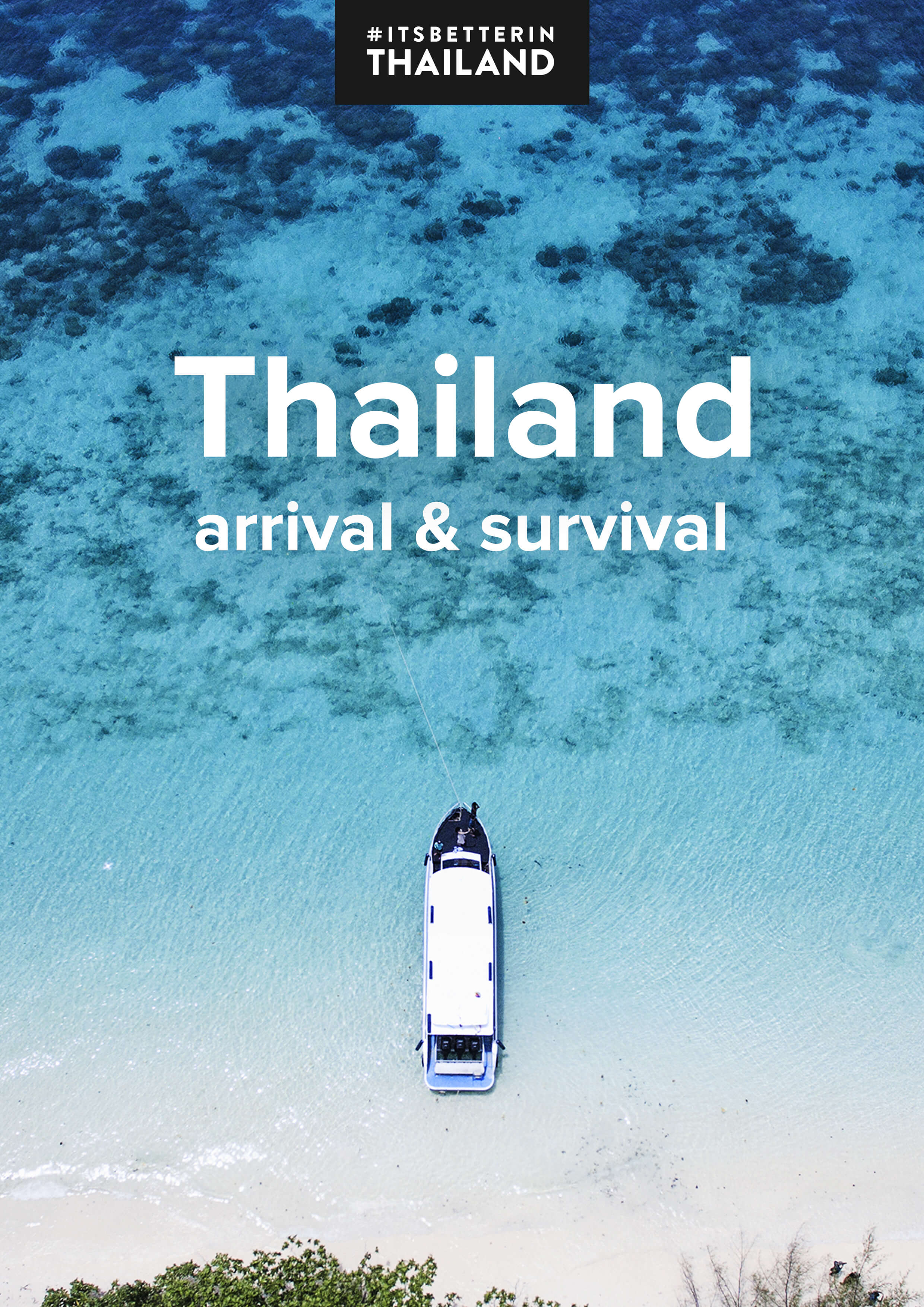Laws & rules when flying your drone in Thailand

Everything you need to know about flying drones in Thailand, including the law and where to buy drones.
Entering Thailand with a drone
You will have no problems entering Thailand with a drone for personal use. There have been rumours of people being asked to pay import duty on products which arrived in sealed original packaging.
Your drone, and most importantly your batteries must be inside of your cabin baggage, they cannot be placed inside your checked luggage. Rapidly changing air pressure and temperature can make LiPo batteries unstable.
The number of batteries you can carry is based on watt-hours. IATA regulations state 3 classes of LiPo batteries and your rights to carry them in your checked luggage as follows:
- Below 100Wh: there are no restrictions
- 100Wh and 160Wh: limited to 2 batteries per passenger
- Above 160Wh: disallowed
Popular batteries for reference:
- DJI Inspire:97.58Wh
- DJI Phantom: 81.3Wh
- DJI Mavic: 43.6Wh
- DJI Spark:16.87Wh
LiPo bags are necessary, though not enforced. We highly suggest you purchase one for your batteries and store them inside whilst at home and during travel. For extra safety, separate your batteries in different compartments or plastic bags so the possibility of a short circuit is zero.
Laws in Thailand for the operation of UAVs
For the most part, common sense applies, but below is the important key points from a translated document on the CAAT website.
Note that these laws apply to drones up to 25kg for recreational use.
- All drones with a camera must be registered with the The National Broadcasting and Telecommunications Commission (NBTC)
- Drone pilot must be at least 18 years old
- You must have permission from the land owner (applies to most national parks, including Phi Phi)
- You must not fly in to restricted areas (this can include temples, national parks, etc)
- Take-off and landing area must not be obstructed
- Must keep the Unmanned Aircraft in line-of-sight at all times and not rely
on the monitor or other devices - Only fly between sunrise and sunset when the drone can be clearly seen
- Must not fly in clouds
- Must not fly within 9 km (5 nautical miles) from an airport or temporary airfield
- Must not fly over 90 meters above the ground
- Must not fly over cities, villages, communities or areas where people are
gathered - Must not cause a nuisance to others
- Must not violate the privacy rights of others
- Must not fly near other drones / aircraft
- Must not fly horizontally closer than 30 meters (100 feet) to people, vehicles, constructions or buildings
You can read the full document here.
Penalties
- Unregistered pilots can face a 100,000 baht (~$3200) fine and up to 5 years in prison
- Any drone with a camera or weighing over 250 grams must be registered with the Civil Aviation Authority of Thailand (CAAT) – failing to do so are 40,000 baht and/or up to 1 year in prison
- Fines for flying in restricted areas or flying dangerously can be given on the spot
Registering your drone in Thailand
We have a guide for registering your drone in Thailand.
Buying a drone in Thailand
You have a variety of options to buy a drone in Thailand. Official resellers are appearing in cities around the country, as well as official stores.
In our experience, we found the best deal by going to a store which provides a VAT refund for tourists and then claiming that VAT back at the airport. Alternatively ask one of the resellers for a discount – they can be reluctant to give a discount when not paying in cash, because the product price is fixed by DJI, but we were able to secure a 7% discount.
A list of retailers can be found on the DJI Website: https://www.dji.com/where-to-buy
Have fun flying your drone in Thailand, but be aware of the laws that apply to you and try not to bother other people trying to enjoy their time outside, it gives us all a bad name 🙂
